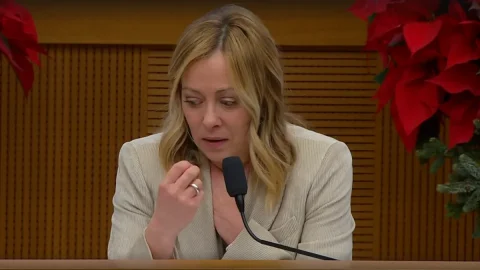The president Bassanini and the managing director Gorno Tempini excellently illustrated this logic during a hearing before the Budget Commission of the Chamber chaired by the Hon. Boccia, dedicated to the privatization operations that the Cassa itself is carrying out both of its direct shareholdings and of the indirect ones held through the Fondo Strategico Italiano. Bassanini and Gorno rejected with well-founded arguments the insidious solicitation, coming in particular from the Hon Fassina, to expand the operational possibilities of the FSI also on companies in difficulty which, however, could have the possibility of recovering if they had sufficient capital to face a restructuring and make the necessary investments. It is clear that this opening would involve the risk of transforming the Cassa into a rescue body for decaying companies for which it is certainly not difficult to formulate imaginative recovery plans. How many times have we seen five-year plans of companies controlled by IRI which invariably showed a return to profit only in the last year!
In reality, as Bassanini explained, the sale of public assets to the Cassa is already a privatization, so the work that is being done today represents a second-level privatisation. In other words, the Cassa has allowed the State to gain time, ie to immediately sell shareholdings in companies, then entrusting the technicians of the Cassa itself with the task of making the most of them. Gorno explained that this sale of part of the shareholdings is essential both to strengthen the production system through alliances with partners, including international ones, and to allow the Cassa to release portions of its assets which are, on the basis of the supervisory regulations, bound by the the amount of the participations and that of the credits granted. Therefore, freeing up shares of capital is essential precisely to allow the Cassa to further develop its ability to grant credit to businesses.
The main transactions carried out or in the pipeline are the listing of Fincantieri, the sale of an important but minority stake in Cdp Reti, the sub-holding that brings together the Snam and Terna equity investments as well as the probable integration of the Tag gas pipeline, the sale of package of Generali shares, which led to a good capital gain and the entry of two shareholders (one Chinese and the other Korean) in Ansaldo Energia.
In this way, contrary to what some deputies of the M5S and the left fear, the State does not lose control of strategic assets, while the Cassa replenishes itself with fresh financial resources and capital space to be able to further develop financing for companies through various instruments including the SME support fund which has already contributed to the financing of over 90 companies.
Naturally, the Cassa also carries out other tasks in favor of the State such as, for example, the one concerning the support for real estate disposals, or the refinancing of the banks which discount the invoices issued by the companies and which public bodies are slow to pay. The problem that has not actually appeared in the parliamentary halls (but where are the liberals?), lies in clarifying when and to what extent the Cassa must maintain control of assets deemed strategic or whether it should not be much clearer in drawing a clear boundary line between the sectors where there is a real public interest and what instead should be sold as soon as possible precisely to prevent the Cassa from turning over time into a center of power with ramified interests in all the more important to the Italian economy.





